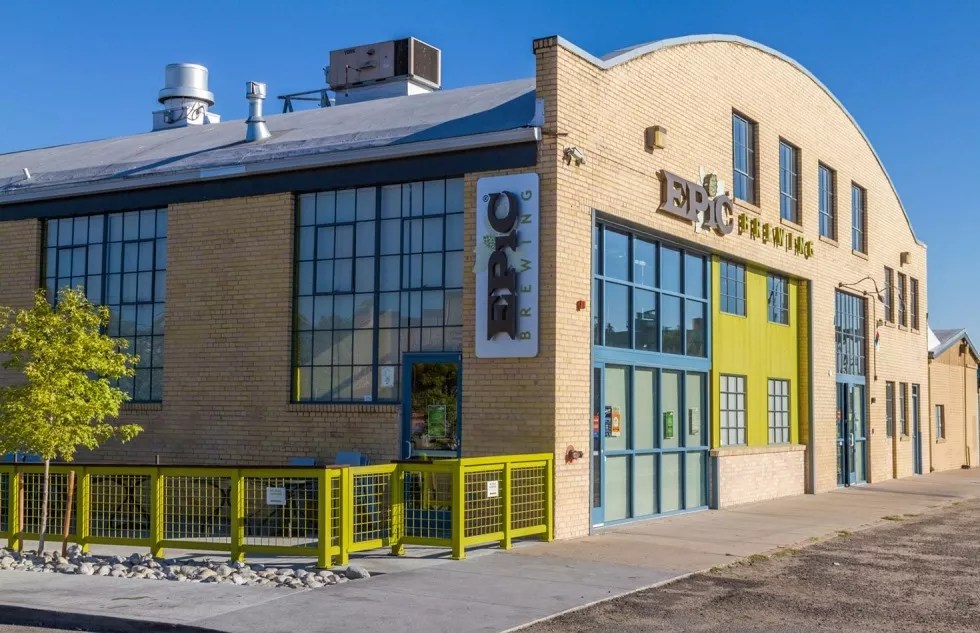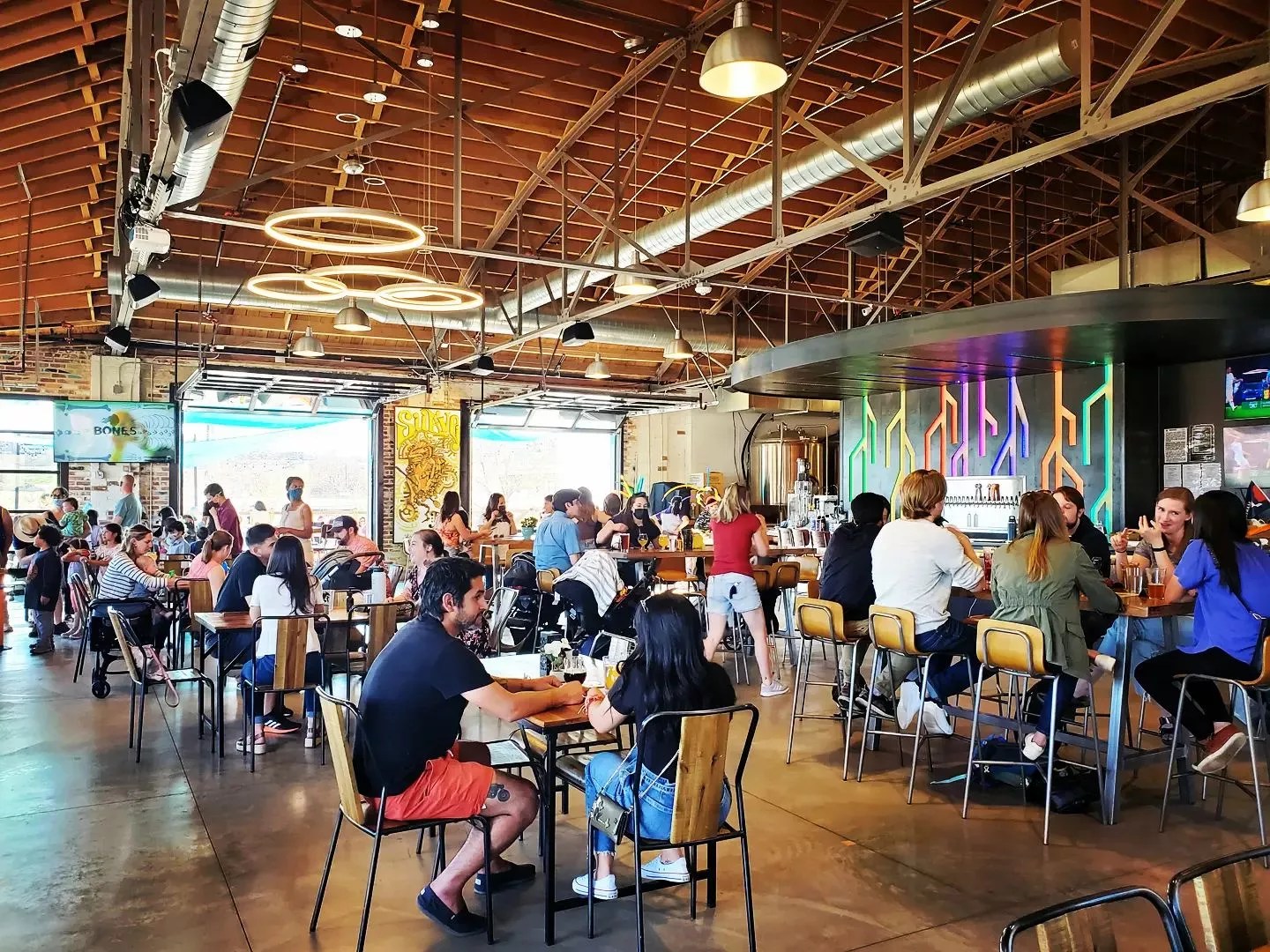
Sunroom Brewing

Audio By Carbonatix
Under just about every recent news article that talks about a brewery closing, you’ll find a myriad of doomsday comments proclaiming how the industry is dying; how IPAs killed craft beer; how there is nothing new to see; and how the fad has finally passed. And while the typical Facebook commenter isn’t exactly a source to take too seriously, media and industry members are now echoing some of these sentiments.
With such negative takes, one could be forgiven for being worried about the state of craft beer. Colorado has seen an increase in brewery closings recently, with MobCraft Beer, Uhl’s Brewing, Epic Brewing, 10 Barrel Brewing, Mockery Brewing and Counter Culture all closing over the past nine months. Dos Luces Brewery and LowDown Brewery will both shutter in late September, as well.
“There’s definitely a level of fear and anxiety I have in trying to open a brewery in a market where it feels like a brewery is closing every week,” says John Flaherty, founder and head brewer of Wanderment Brewing, a company that just finished a successful Kickstarter run and plans to open in the Denver area in the next eighteen months.
Flaherty is countering some of that fear by keeping the upstart slim and focusing on opening in a more industrial space. He’s also planning a 70/30 model, where 70 percent of the footprint is dedicated to equipment and barrels, and 30 percent is the taproom, keeping things efficient until the demand outgrows the space.

Epic Brewing closed its RiNo location in late December 2022.
Epic Brewing
“Being a new business owner is like having kids – you’ll never be prepared – and we realized that, at some point, we’d have to do it if we wanted to open Wanderment, so why not when the market is down?” Flaherty says, adding that a lot of great innovations and even a craft beer revolution came out of the last major recession a little over a decade ago.
And while Flaherty and other business owners can go on for hours about what it takes for a brewery to be successful in these current, more challenging times, what is often lost in the industry trend discussion is what it’s like being a consumer. On that end, things are better. Hell, let’s be honest, the skies are beautiful and it’s raining gold when it comes to what customers experience. Never have beer drinkers had access to so many different types of beer being made at a high-quality level than they do today.
“Craft beer has definitely improved over the years,” Flaherty notes. “More breweries than ever are focusing on their water and quality control. Access to top malts, hops and yeast is tenfold better than when I started home brewing over a decade ago.” Access to information in the industry is also higher than ever. Technical brewing education through degree programs has exploded over the last decade, while collaborations and the internet have moved information-sharing to new heights.
Still, with a craft beer segment that has stagnated in growth and sales, and perhaps even declined slightly, there will be more hard times ahead for businesses. Those businesses that could barely hang on during COVID and haven’t rebounded will struggle to survive. Breweries saddled with a lot of debt or those that were built to constantly grow will continue to see difficulty in the present market. There is no longer a rising tide to lift all boats, and the lack of what once felt like certain industry growth has exposed some companies that aren’t prepared for the tougher, more competitive market, where over 9,000 breweries across the U.S. (including over 400 in Colorado) are vying for customers.
Breweries in the current environment can benefit from looking at what customers gravitate toward and what they’re getting excited about. Experiences like Kolsch service, specialization in beer styles (while carefully avoiding being too niche) and creating a social gathering space in the community are all ways that breweries can stand out and really connect with customers.
Beer has seemingly moved on from extreme bittering, ABV wars and new flavor releases every other day to currently being a place where customers can find new and exciting things balanced with reliable, quality standbys, served in an environment that is welcoming to many different types of people.

Ra
Raices Brewing
It may still have a long way to go, but the beer scene is also far more diverse than it has been in the past. I know plenty of male brewers in their sixties, but I don’t know many female ones. But I do know plenty of young female brewers. Women-owned, queer-owned, Latino-owned and Asian-owned breweries can be found in the metro area. Many of these breweries are making fantastic beer in gorgeous settings. Places like Raíces Brewing and Lady Justice Brewing offer a welcoming space to groups of drinkers that may not have found much to relate to in craft beer ten or twenty years ago.
While brewery owners may be facing tougher challenges than consumers in this climate, there are still risks for consumers. In tighter markets, consolidation happens, and sometimes quality sacrifices are made in the name of profit. There is often less money to create such wonderful, inviting environments, too, whether that is an upgrade to an existing brewery, a second location of a successful one or a brand new startup.
My advice: Support your favorite breweries. Think about the ones that you’d like to have stick around and make sure to patronize them. Bring your friends, schedule meetings at these spaces, and really appreciate what they have to offer.
So many people have poured their souls into the beer, the brewery and, increasingly, the food. Don’t take what they offer for granted, because while it may be glorious for drinkers right now, it’s rougher waters for many businesses, and a calming in the short term is far from certain.